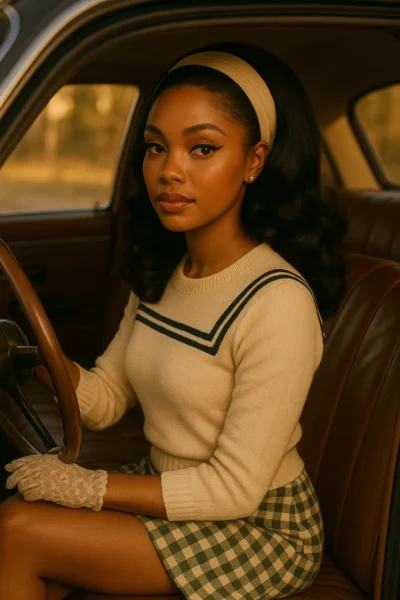Someone is telling on themselves.......In Jim Crow America, Black people—especially Black women and girls—were forbidden from having boundarie
Someone is telling on themselves…….

from Sora
In Jim Crow America, Black people—especially Black women and girls—were forbidden from having boundaries:
A Black woman couldn’t say no to a white man’s advances without risking death.
A Black mother couldn’t protect her child from violence without facing jail or lynching.
A Black girl couldn’t demand privacy or dignity.
Even looking a white person in the eye could be considered “uppity”—a punishable offense.
Jim Crow wasn’t about too many boundaries.
It was about denying Black people the right to any at all.
✋🏾 That’s Why Comparing Women’s Safety Boundaries to Jim Crow Is So Twisted
Under Jim Crow, Black people—especially women and girls—were:
Forced into vulnerability
Denied the right to say “no”
Punished for protecting themselves
So when today’s activists or organizations compare sex-based safety boundaries (like women-only spaces) to Jim Crow, they are:
Erasing what actually happened to Black women
Twisting history to shame women into giving up the very things we were once denied
That’s not just a bad analogy.
It’s historical gaslighting.
🔄 Flip the Script:
Jim Crow made our bodies open and available without consent.
Sex-based boundaries say: “Not anymore.”
Boundaries are not hate.
Boundaries are not exclusion.
Boundaries are healing. Boundaries are protection. Boundaries are resistance.
Especially for Black women and girls, who have always been told our bodies are communal property.
🧠 TRUTH:
“Jim Crow removed boundaries. Sex-based spaces restore them.”
“We weren’t allowed to say no then. We’re saying it now—and that’s power.”
“The right to safety is not segregation. It’s survival.”